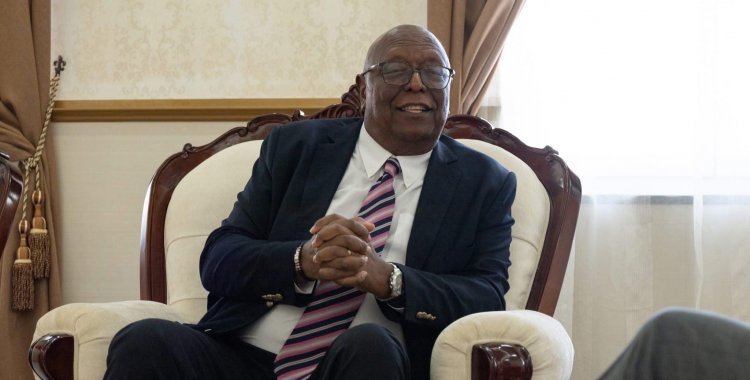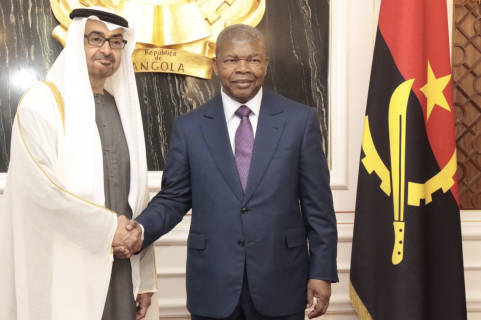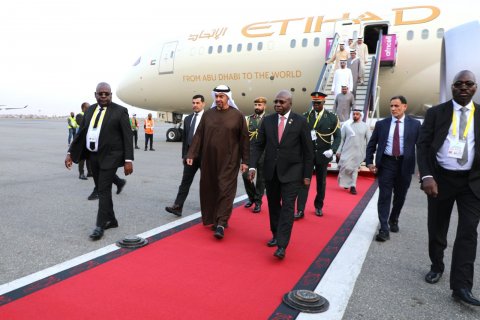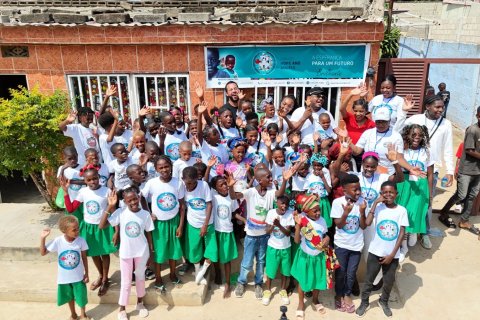For the minister, who was referring to the Constitutive Declaration of the Community of Portuguese Language Countries (CPLP), the aforementioned efforts should be carried out, above all, in the fields of research and consequent valorization of national languages.
“In this way, the previous doctrinal tension, resulting from the assimilationist colonial policy, no longer makes any sense today, since the previous logic of exclusion will have to make room for the new logic of complementarity,” he said.
Speaking this Monday, in Luanda, at the opening of the 6th edition of the Portuguese Language Week, as part of the celebrations of the World Portuguese Language Day, which was celebrated on May 5, he considered it “desirable” that Angola adopt a bilingual language policy.
“Therefore, it is necessary to know what linguistic policy Angola should adopt in the future, which will lead to the current diglossia [cohabitation of several languages] paving the way for a desirable bilingualism (…)”, he pointed out.
Angola has drafted the Angolan Language Law proposal, whose public consultation ended last week, a diploma that establishes the languages of Angola according to their origin, namely Angolan languages of African origin, Angolan language of European origin (Portuguese), Angolan sign language and the Braille system.
The diploma, which stratifies Angolan languages of African origin into regional languages, local languages, cross-border languages and transnational languages, must be sent to parliament for discussion.
In turn, the Secretary of State for Foreign Affairs of Angola, Esmeralda Mendonça, highlighted the celebrations of the Portuguese language as a cultural milestone, affirming linguistic diversity and valuing humanity.
“Because it is through language, in our case Portuguese, that we express our ideas, feelings and interact with each other, fundamental assumptions for family and social cohesion”, he highlighted.
For the minister, Portuguese, as one of the main languages of international communication, has increasingly contributed to the search for consensus, the promotion of peace and harmony, cooperation and solidarity, not only at the level of the CPLP, but in the world in general”, said the Secretary of State.







